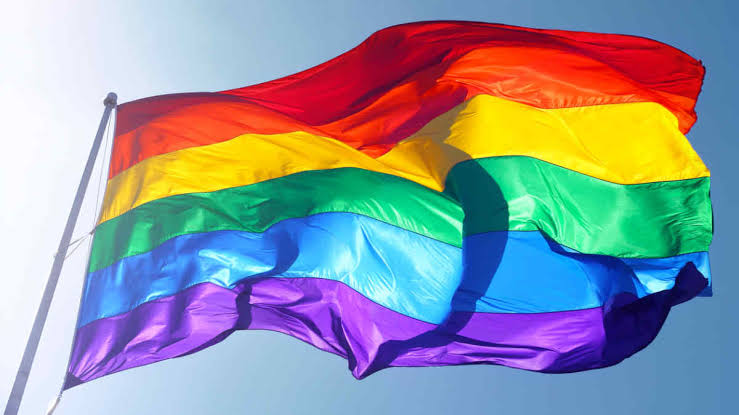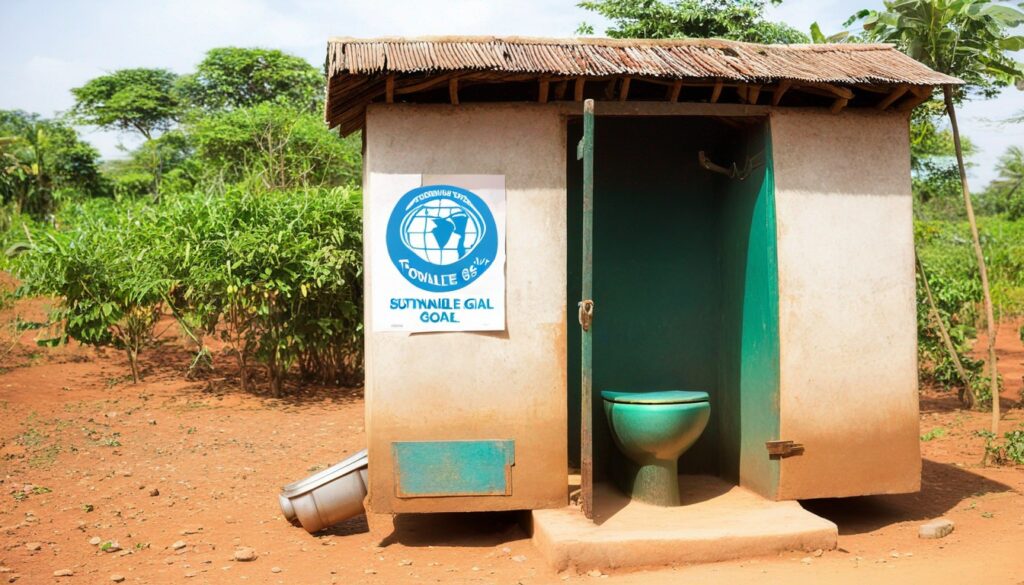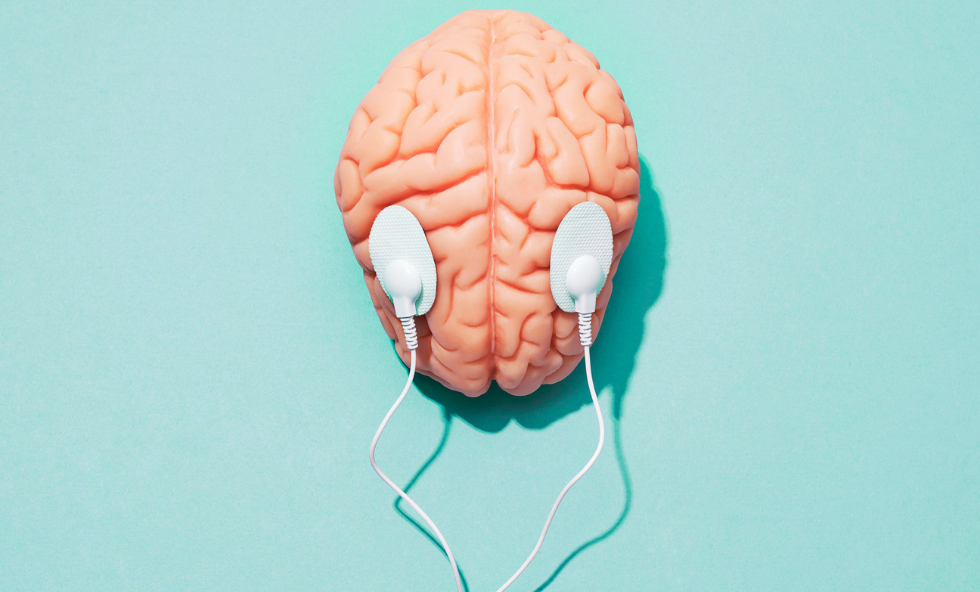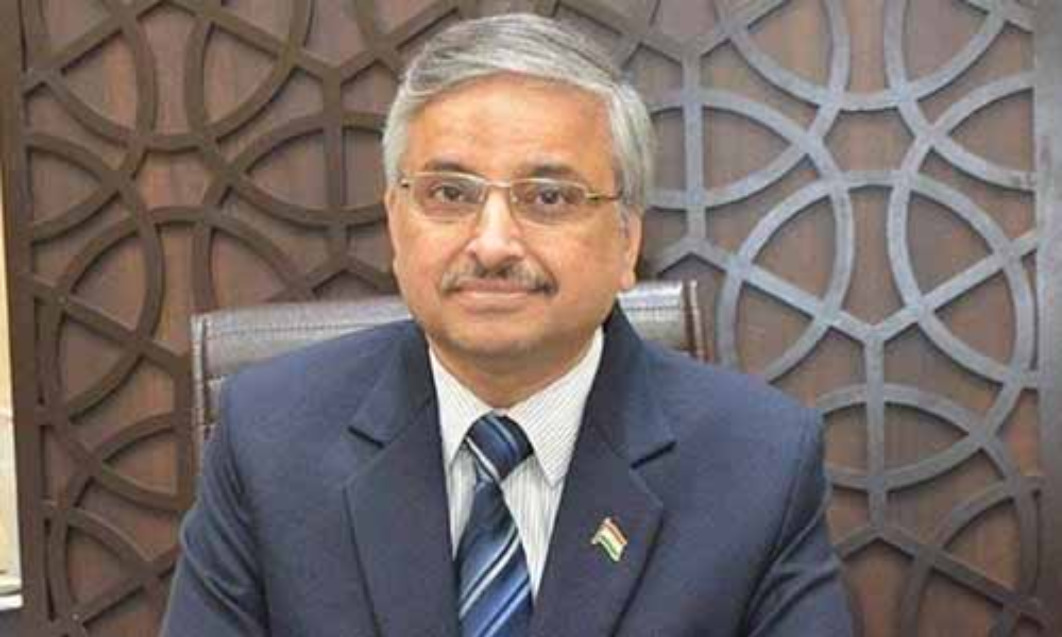Main highlights:
- Charlotte Fountaine’s LGBTQ+ app ‘Kalda’
- The difficulty in locating the people from the community
LGBTQ mental health app Kalda’s co-founder Charlotte Fountaine opened up about her struggles with being bisexual at school and what difficulties came her way, she tells how tough was her to be growing up knowing that she is different from others around her.
She tells that she grew up under Section 28, a U.K. law which until 2003 prevented schools from talking about anything LGBTQ in class.
Lacking places to explore and understand her identity, she became plagued by panic attacks.
Defining The Metaverse And The Future Of Physical And Digital Brands
“I struggled with anxiety and had my first panic attack when I was in primary school,” Fountaine tells, “Finding my identity as a bisexual woman took me a long time, and I felt really alone in that journey.”
After gaining several years’ worth of experience working at mental health charities Mind and Shout, the Londoner found solace in one of the most affordable and accessible types of support out there: group therapy.
Given the big wide world, we live in, finding a therapy that’s inclusive of queer folk locally can be tough.
So Fountaine set out to fix that. With co-founder Daniel Botcherby who has a background in NHS-approved brain health app My Cognition, they set up Kalda.
They talk about kalda as a a self-therapy and mental well-being app for the LGBTQ community and anyone identifying as sexuality, gender, or relationship diverse.
“We spoke to over 500 people [before creating the app]. The same things came up again and again. The stress of exploring your gender and your sexuality in a heteronormative world rested heavily on people,” Fountaine says.
“People were looking for mental health support that actually understood their needs.”
Many people have incredible therapy without a therapist who has the same lived experience as them. But for LGBTQ people, many seek the solace of someone who understands the nuances of their lives.
“There are anxieties and stresses that come with being queer in a hetro-normative world. You might have felt that people around you don’t understand an aspect of your life or your identity. Or it might be that they don’t believe in an aspect of your identity. Or it could be that they’re actively hostile towards it. Claims Charlotte Fountaine talking about the struggles to deal with and how all of this ends you up alone and unaccepted. “I was fed up with the one-size-fits-all approach to mental health. We built Kalda to reflect the identities and the realities of the LGBTQIA+ community.”
Focussing on the Cost:
With less choice out there, and for many, therapy being prohibitively expensive, many LGBTQ people are locked out of therapy.
This is why Fountaine wanted to address one of the biggest barriers to therapy – the cost.
After a tough journey with minimal funding, they launched in 2022 with LGBTQ therapists and a subscription model. The annual cost is less than the price of some single sessions with therapists.
Fountaine said the feedback they got was people wanted something they could access anytime, on their own terms.
It’s why the app, which feels like Headspace for LGBTQ people, has video courses, diaries and mindfulness sessions that you can do anytime. Expect content on overcoming queer imposter syndrome, managing gender dysphoria and exploring your sexuality.
Equally, much like Headspace, there are times when you can join other users for live mindfulness sessions on both iPhone and Android.
However, it’s clear that as the app builds its archive of content and courses, it could be a strong challenger in the space.
Ultimately of course, Kalda is underpinned by the need and fact that LGBTQ people are disproportionately affected by mental health problems.
“If we all have access to the right mental health support for us, we can feel supported in whatever we want to do with our lives,” Fountaine explains.
“I believe that this is because of the stigma and discrimination we face. I think with the right mental health support we can change that.”
If we all have access to the right mental health support for us, we can feel supported in whatever we want to do with our lives,” Fountaine explains.
 Source: Google Images
Source: Google Images
Queer people claim to experience loneliness:
Nearly one in 14 Britons, a number that rose during the coronavirus pandemic, say they are lonely, according to the Office for National Statistics.
According to research, the LGBTQ+ community is more severely affected by this problem than the general population. Before the pandemic, 21% of queer people reported experiencing loneliness “very often” or daily, according to LGBT HERO’s LGBTQ+ Lockdown Wellbeing Report. This more than doubled throughout the lockdown.
This is partially due to the fact that LGBTQ+ people are a minority, making it difficult to locate peers.
The co-founder of the queer mental health app Kalda, Charlotte Fountaine, told in an interview that there are “actually less LGBTQI+ persons than straight people.”
It is statistically more difficult to find a spouse and friends who share your identity, which can be lonely on a very physical level.
Fountaine remarked that coming out can be very isolating.
“The quest to discover your identity can be a very isolating one.
“This rejection may internalise, which makes it less likely that we would look for partnerships or put our faith in others.”





